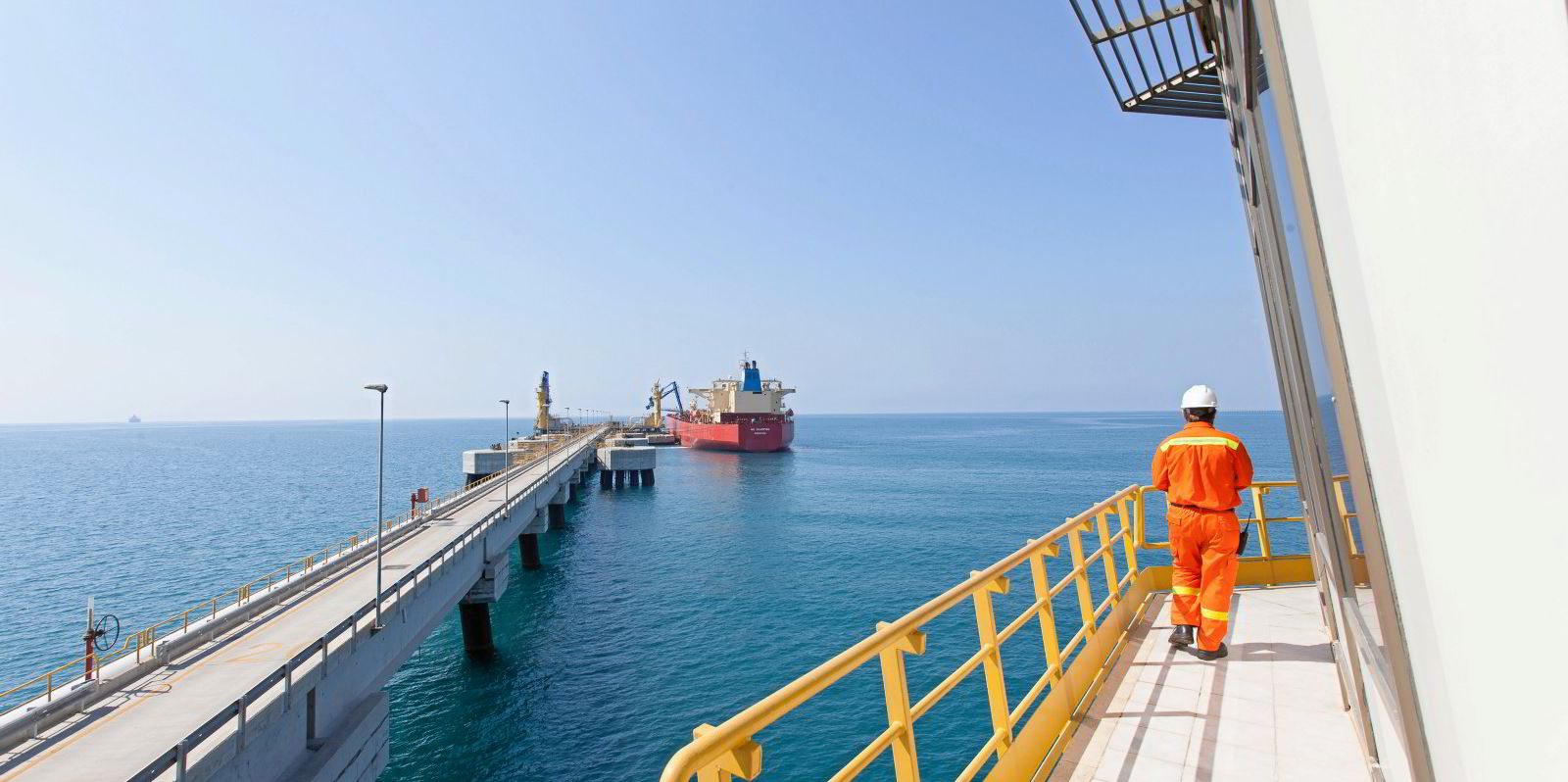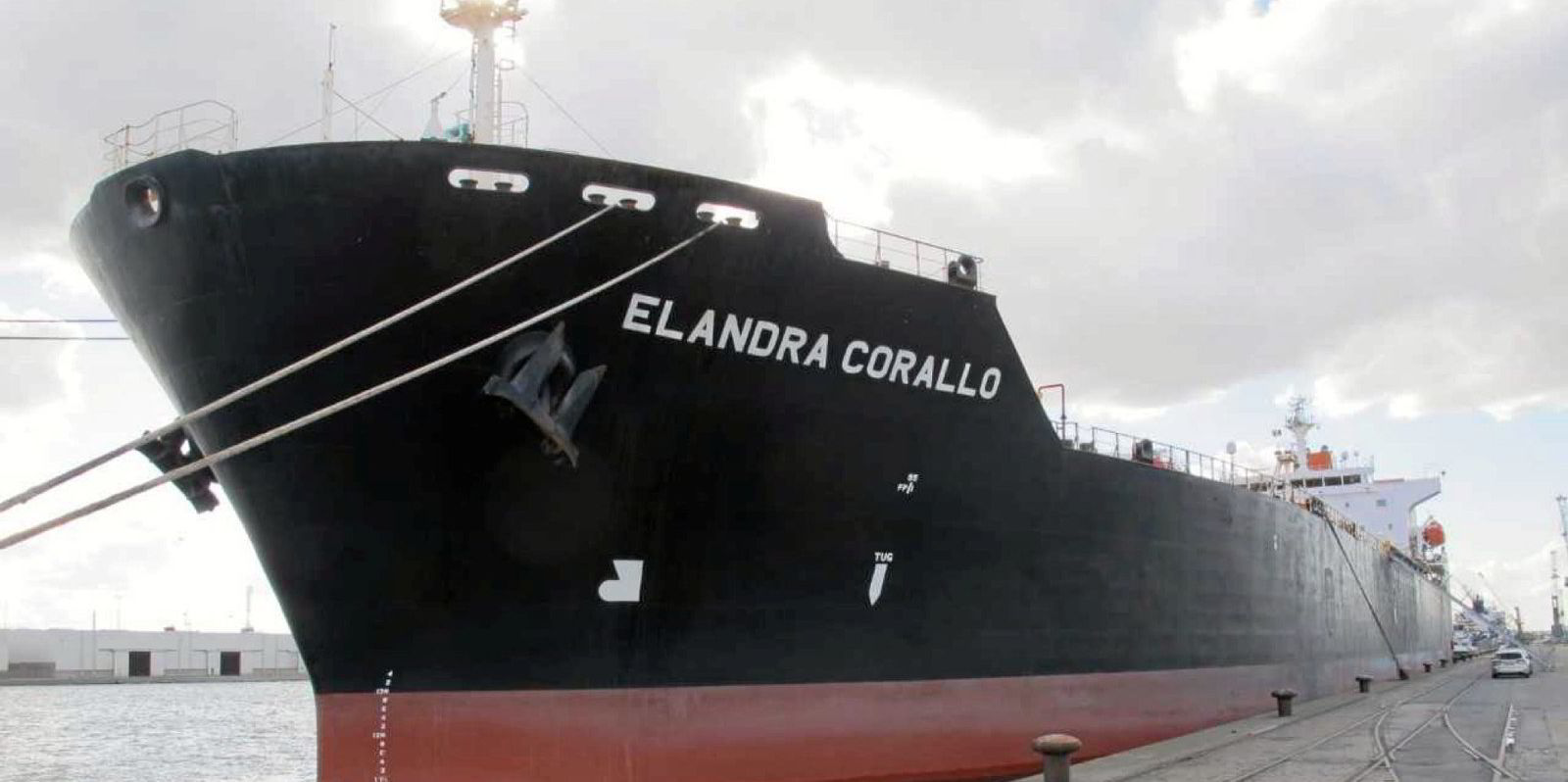Shipbrokers do not believe an end to Iraq’s halt on shipments of Kurdish oil from Turkey is coming any time soon, despite talks resuming.
Flows to the port of Ceyhan were stopped in April by Iraq in a dispute dating back to 2014.
US shipbroker Poten & Partners said officials from Turkey and Iraq tried to reach a breakthrough in talks in the last week to restart the pipeline that carries oil from the fields in Northern Iraq.
“A resumption of exports would increase the availability of oil in the Mediterranean and boost the employment opportunities for aframax and suezmax tankers in the region,” the company said. “Especially since these cargoes represent additional barrels, not replacement volumes.”
Meetings have included talks on splitting the oil revenue, according to French shipbroker BRS Group. “It appears there will not be a swift resolution to the dispute,” the Paris shop added.
BRS believes 450,000 barrels per day (bpd) of Kurdish crude production has been largely shut in since the stoppage.
Some volumes are probably being carried by truck to surrounding regions, the broker said.
The oil used to make up 33% of Ceyhan’s total crude exports. These now stand at 19m barrels per month.
Iraq closed the pipeline after the International Chamber of Commerce ruled in its favour in arbitration relating to a case filed against Turkey in 2014.
Greek VLCC leaves empty
Turkey was alleged to have allowed tankers to load Iraqi oil in Ceyhan without the required authorisation of Iraq’s oil ministry.
The verdict requires Turkey to pay $1.5bn to Iraq for barrels loaded between 2014 and 2018. In June, the last VLCC waiting to load a Kurdish cargo left the port after nearly three months.
Greek owner Okeanis Eco Tankers’ 300,000-dwt Nissos Kea (built 2022) departed the Mediterranean terminal without any oil.
The main destinations for the crude from northern Iraq are countries in the Mediterranean, including Israel.
Occasionally, a VLCC loads oil destined for China.
Some of these voyages took place in early 2020 and a few more were done earlier this year. However, since a fully laden VLCC would typically sail around the Cape, the distances involved make these voyages uneconomic in most cases, Poten said.
“In the absence of Iraqi barrels, countries have diversified their sources of supply, some of which imply longer sailing distances,” the US shop said.
“For example, Israel imports more from Gabon and Brazil, while Croatia recently imported barrels from the US and Norway for the first time in several years,” the brokerage added.






